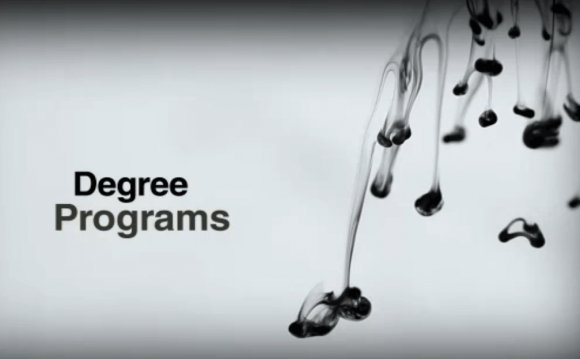
Many a time the two areas of psychology are thought to be the same and are used interchangeably in conversation. However, this is a great misconception that will be addressed in this article.
Let us start by briefly going over the definitions of the two terms – this will help build your understanding as you read through the subsequent sections. It is important for you to keep these definitions in mind to draw the connection as you read further.
Criminal psychology studies everything that is related to criminal behavior – this includes the thought processes, intentions, motivations and reactions of criminals. Why do criminals do what they do? – this very question is answered by criminal psychologists. Criminal psychologists try to understand and examine why certain people commit crimes. Their findings and analyses are quite useful and often assist in cases and legal trials.
On the other hand, forensic psychology uses the principles and teachings of psychology and applies them to the criminal and justice system. The intent is to develop a more thorough and well-rounded criminal justice system. Forensic psychologists use their findings to improve the delivery of the legal system to ensure that the results of the case or proceedings are undeniable.
Related Reading: What Can You Do With a Criminal Psychology Degree
Work Environment
As a criminal psychologist, you may find yourself spending time with case files and trial proceedings. You may find yourself involved with a lot of past case files and criminal profile analyses. This is actually an integral part to the first few years of any criminal psychologist. This may sound boring but you may find yourself sitting in a library or a record room full of past cases and criminal profiles in order to draw links between variables.
At times you may have to meet with and consult for law enforcement personnel to give your insights to a criminal’s next move. Law enforcement agencies commonly rely on the insights of a criminal psychologist in order to help them predict the movements and actions of a suspect.
Visiting crime scenes, accompanying law enforcement agents, appearing in courts, providing expert testimonies and determining whether a criminal can stand for trial or not are some of the different areas forensic psychologists may find themselves in. As a forensic psychologist, you may spend time interviewing a suspect and determining whether they are fit to stand trial or not.
One of the most important aspects of a forensic psychologist is the ability to stand in a court room to deliver an expert level testimony in an easily understandable legal method.
Perhaps the paths of a criminal psychologist and forensic psychologist may intersect at some point while working on an exciting and complicated case file!
Which One Should You Select?
On the surface they may seem like largely favorable choices and that the career choices eventually intersect. One way to look at this is from a research perspective.
Criminal psychologists can end up spending a lot of time with research and data mining. It involves quite a bit of analysis of cases, past events, study of trends and identification of patterns. This has an academic feel to it. You may also get to compile first-hand research which may help out with future criminal psychology studies. So if you enjoy writing research papers and studying facts, then you could look at a career in criminal psychology.
: What Do You Need to Start Forensic Psychology Career
One could say that a forensic psychologist works close to where the action is. Here, action could entail coming in proximity to the criminal, visiting the crime scene to collect evidence, and taking part in critical court trials and proceedings to witness and even help determine the outcome of the case. Your findings and discoveries as a forensic psychologist could be critical in shaping the outcome of the case. Therefore, if you think you would enjoy the excitement and thrill present in a forensic psychologist setting, then this is the right line of work for you.
The Road to Get There
A forensic psychologist can begin work with a bachelor’s degree in forensic psychology – but requires a master’s degree or doctorate to get licensed. On the other hand, an individual can start their career as a criminal psychologist after obtaining a doctorate.
It may be noted that criminal psychologists may possess a background in law enforcement and criminal profiling. This background in law enforcement and criminal profiling is what often gives motivation for individuals to pursue higher education in criminal psychology. Whereas most forensic psychologists usually have a background interest in sciences, anthropology or even some of the social sciences.










